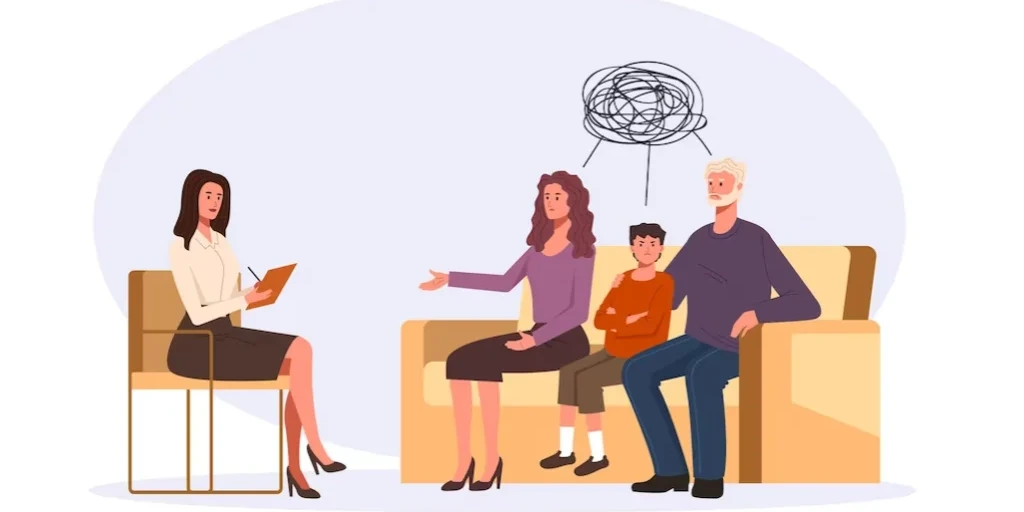24/7 Helpline:
(866) 899-221924/7 Helpline:
(866) 899-2219
Learn more about PTSD Treatment centers in Edinburg
PTSD Treatment in Other Cities

Other Insurance Options

Excellus

Ceridian

State Farm

Premera

Carleon

BlueCross

Covered California

Self-pay options

Providence

WellPoint

Amerigroup

Oxford

BlueShield

Absolute Total Care

GEHA
Beacon

AllWell

Horizon Healthcare Service

BHS | Behavioral Health Systems

Group Health Incorporated












